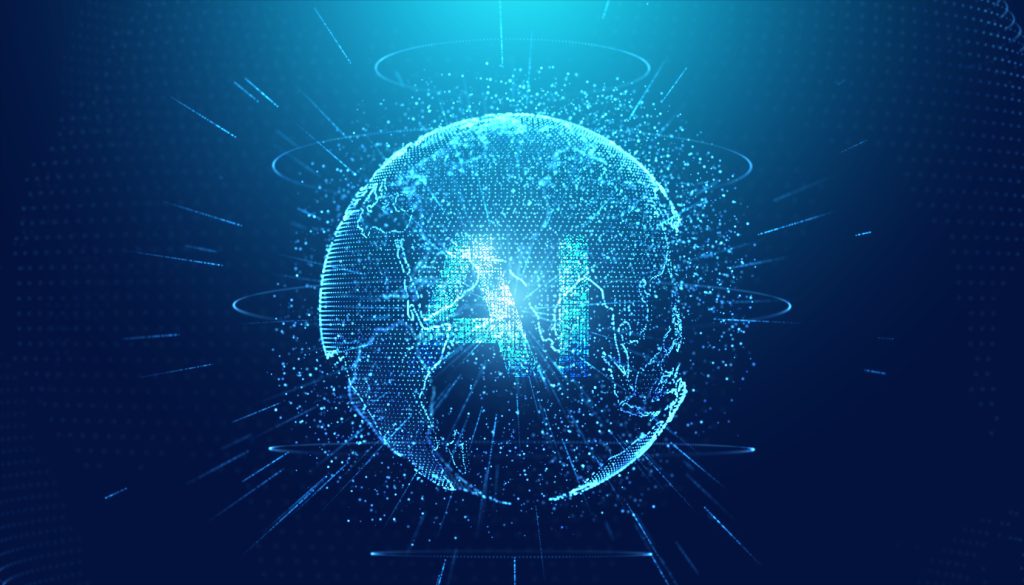The strategic shift toward open-source AI
Global competition over AI is rapidly shifting, with open-source models now positioned to redefine not just technology but the balance of power in the digital era.

The release of DeepSeek’s open-source reasoning model in January 2025, followed by the Trump administration’s July endorsement of open-source AI as a national priority, has marked a turning point in the global AI race, writes Jovan Kurbalija in his blog ‘The strategic imperative of open source AI’.
What once seemed an ideological stance is now being reframed as a matter of geostrategic necessity. Despite their historical reliance on proprietary systems, China and the United States have embraced openness as the key to competitiveness.
Kurbalija adds that history offers clear lessons that open systems tend to prevail. Just as TCP/IP defeated OSI in the 1980s and Linux outpaced costly proprietary operating systems in the 1990s, today’s open-source AI models are challenging closed platforms. Companies like Meta and DeepSeek have positioned their tools as the new foundations of innovation, while proprietary players such as OpenAI are increasingly seen as constrained by their closed architectures.
The advantages of open-source AI are not only philosophical but practical. Open models evolve faster through global collaboration, lower costs by sharing development across vast communities, and attract younger talent motivated by purpose and impact.
They are also more adaptable, making integrating into industries, education, and governance easier. Importantly, breakthroughs in efficiency show that smaller, smarter models can now rival giant proprietary systems, further broadening access.
The momentum is clear. Open-source AI is emerging as the dominant paradigm. Like the internet protocols and operating systems that shaped previous digital eras, openness is proving more ethical and strategically effective. As researchers, governments, and companies increasingly adopt this approach, open-source AI could become the backbone of the next phase of the digital world.
Would you like to learn more about AI, tech and digital diplomacy? If so, ask our Diplo chatbot!

